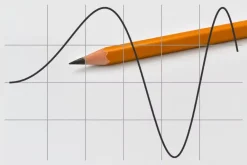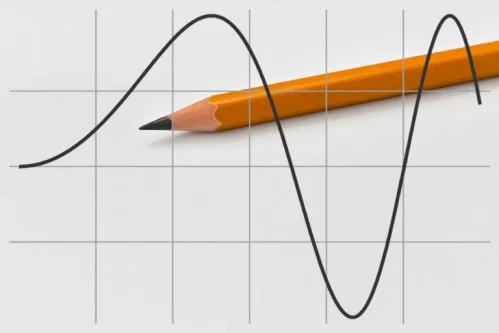
The monthly amount you pay into your IVA is agreed at the beginning. However the payments are not fixed. They could go up or down.
Jump to article content:
- Are IVA Payments fixed during the Arrangement?
- Could the Payments go up?
- How much would the increase be?
- Could your payments ever go down?
Want help to start an IVA?
Give us a call: 0800 011 4712 or complete the form below to speak to one of our experts
Are IVA Payments Fixed during the Arrangement?
When your IVA is first set up you normally agree to make reduced payments towards your debts for a period of 5-6 years. The monthly payment amount is based on your disposable (also known as surplus) income.
Once agreed your creditors cannot then change their mind. They cannot break the deal and demand that you start paying more because what they originally accepted is no longer enough.
However the payments are not fixed. It is possible for them to go either up or down if your finacial circumstances and therefore your ability to pay changes.
IVA Payments are not fixed. They can go up during the Arrangement if your income improves or your living expenses fall.
Could your IVA Payments go up?
If your financial situation permanently improves during your IVA your payments could increase. The improvement could be due to either your income going up or a reduction in your living expenses.
As soon as your income increases (for example if you get a pay rise) you must tell your Insolvency Practitioner (IP). They will then recalculate your disposable income. If it has risen your payments will also increase.
Your living expenses could fall if an amount orginally included in your expenses budget is no longer required. An example of this might be if a car HP comes to an end or a dependent leaves home. The cash that is freed up is added to your payment.
You must tell your IVA Company as soon as you have a change in circumstances. If you delay there is a risk that your payments could get into arrears.
How much would any increase in your IVA Payments be?
Once you have informed your IP that your income has increased they will recalculate your disposable income. Where there is an increase your payments will go up. However not by the same amount.
The increase in your disposable income is split 50/50 between you and your creditors. You are allowed to keep half. The other 50% is added to your ongoing payment amount.
For example if your disposable income has risen from £100 to £200/mth your payment will increase by just £50 to £150 a month. You can keep the other £50/mth and spend or save this as you wish.
If your payments increase your IVA is not paid off any faster. You still have to pay for the same length of time. It simply means that your creditors will receive more overall.
Could your IVA Payments ever go down?
If your disposable income falls during your IVA it might be possible to reduce your payments. The fall could be as a result in a reduction to your income or an increase in your living expenses beyond your control.
In these circumstances you must speak to your IP straight away. If the change results in your disposable income falling by less than 10% they can reduce your payments accordingly.
Your payments cannot be reduced by more than 20% without the agreement of your creditors. In these circumstances you IP must ask your creditors to accept a variation of the arrangement. The reduction is only allowed if the variation is accepted.
If your creditors agree to reduce your payments they are likely to require up to 12 months extra payments in return. As such the length of your agreement will be extended.


